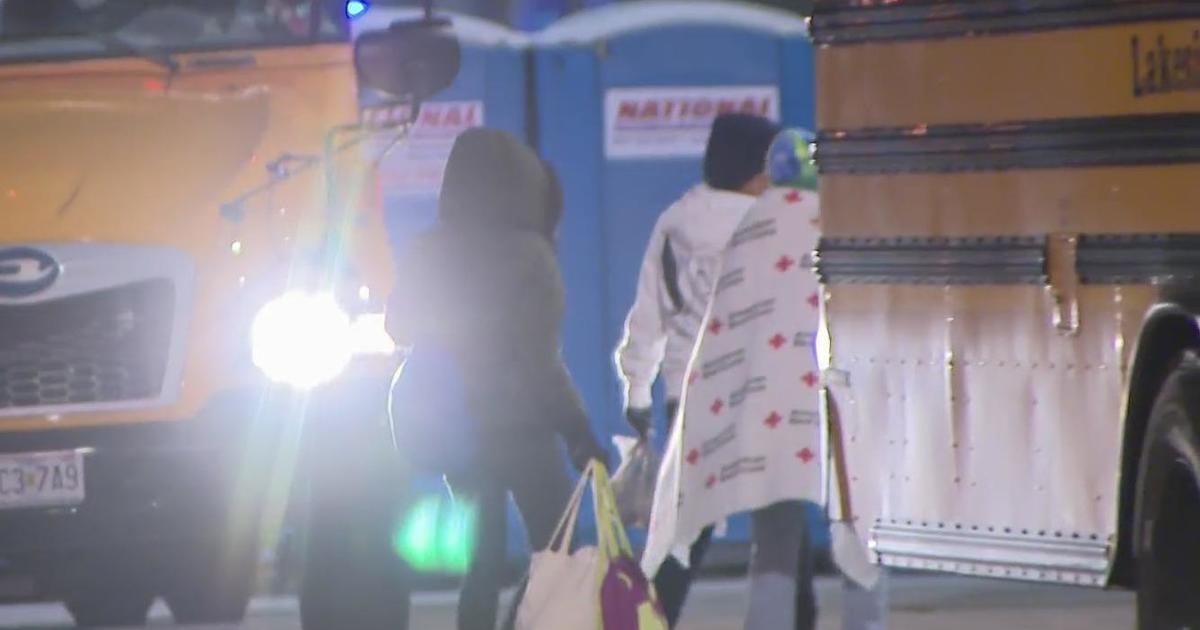Argonne National Laboratory Uses Supercomputers To Take On Coronavirus
LEMONT, Ill. (CBS) -- Scientists at Argonne National Laboratory and a supercomputer are helping in the fight against the coronavirus.
Dr. Stephen Streiffer of Argonne is among those helping make sense of all the number crunching. He joined CBS 2's Brad Edwards and Irika Sargent on Wednesday via Skype.
He explained that Argonne is taking on the coronavirus crisis on multiple fronts – one of them being studying the virus and its properties using high-performance computers named Theta and Bebop.
The goal, Streiffer said, is to "actually model parts of the virus so that we can better determine drugs that might be able to interfere with the reproduction of the virus, or ultimately give us clues as to how we might develop a vaccine for the virus."
Much of the effort involves studying the structure of proteins for the virus – a mission for which Argonne is well-equipped.
"One of the facilities at Argonne National Laboratory is a very, very, very large X-ray microscope that allows us to look at those proteins in atomic detail so that we can determine how best to attack them," Streiffer said.
Meanwhile, the lab is also doing some research that applies specifically to Chicago and its population.
"One of the big unknowns in this are what sort of interventions; what sort of things can the public do, and the Chicago government do, to be able to halt the spread of the virus, or at least slow it down, to give our health care workers in particular a chance to really deal with the epidemic as it progresses," Streiffer said.
To that end, Argonne is working on "agent-based models" that simulate the behavior of Chicago residents.
"And then we can put into that different behaviors for those citizens and understand how we might interrupt those behaviors, or change those behaviors, for instance, through the length of the stay-at-home order, in a way that we can see how that alters the progression of the virus throughout the community," Streiffer said.
The lab is running those models now, Streiffer explained.
"It's really been an amazing effort to see the scientists at Argonne really build those models based on what's going on right now. We've been able to determine that the models actually reproduce the factors of the epidemic as we've seen them today," he said.
As to what research is showing for the long-term when it comes to the novel coronavirus, Streiffer said it is too early to say. But he said the lab should have a better sense in the next week or two, and hopes to help the government based on its findings.



